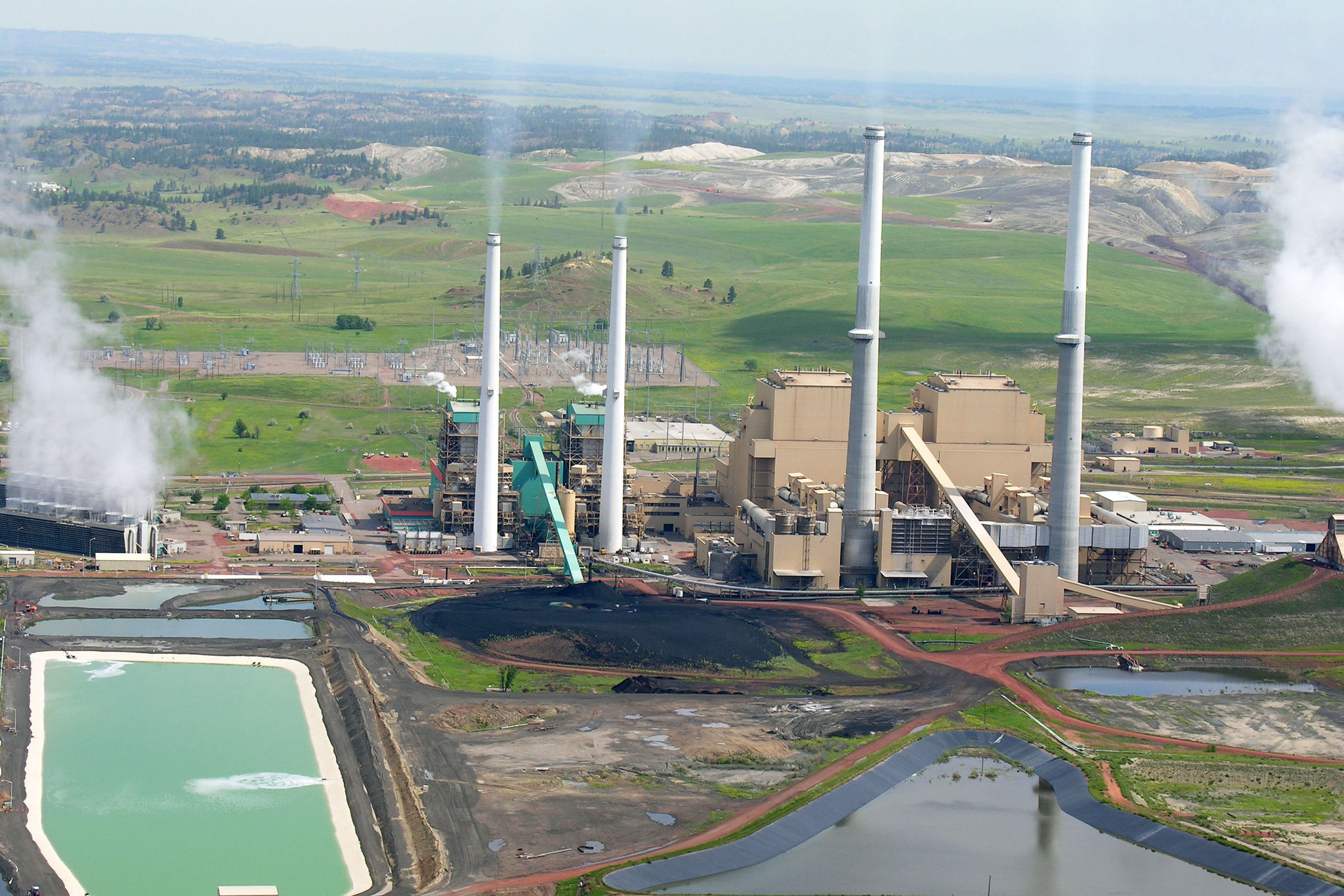Washington’s power grid may have gotten one step closer to being carbon-free: In a settlement with the Sierra Club announced Tuesday, Puget Sound Energy and co-owner Talen Energy finally agreed to shut down the two oldest, dirtiest units of a coal-fired power plant in Montana.
PSE still gets 20 percent of its electricty from Colstrip, the decades-old coal facility that’s been pegged as one of America’s dirtiest power plants. On Tuesday, the Sierra Club agreed to drop its lawsuit against PSE and Talen alleging violations of the federal Clean Air Act as long as the two companies permanently retire these units by July 1, 2022.
The Sierra Club celebrates the settlement as a “huge opportunity to replace this power with clean, renewable energy”; Puget Sound Energy takes care to point out that the “units are becoming less economic as the price of natural gas has dropped and remained low.” (Indeed, “less economic” is putting it mildly; the U.S. coal industry is in the midst of something more like catastrophic financial collapse.)
Regardless, the mutually beneficial promise comes a good deal sooner than what an early version of a Colstrip-related bill that passed the legislature this spring would have required. An early iteration of that bill provided a framework for the retirement of Colstrip Units 1 and 2, but wouldn’t have required a named closure date until the end of 2017; the bill that actually passed, in the end, simply created a financing strategy for PSE to do some environmental cleanup around the site.
As a result, Tuesday’s announcement comes as a relief to Northwest Energy Coalition executive director Nancy Hirsch, who watched the bill “take lots of twists and turns on its way to final passage.” She and her colleagues are “thrilled,” she says, “that there is a real closure date on the table now. That is very important.”
Governor Jay Inslee also applauded the agreement. “The settlement reflects the market realities in the power sector,” he said in a statement, “and will allow PSE to responsibly manage their risks, protect their ratepayers, and reduce pollution. This agreement is consistent with the legislation I signed earlier this year and puts us on a path that is good for Washington ratepayers and good for clean air.”
The settlement does not impact, however, PSE’s share of Units 3 and 4, which are much more energy-efficient, but still just as coal-fired.
According to PSE’s statement on Tuesday, “Units 3 and 4 will remain as a productive part of our diverse generating portfolio, providing our customers reliable and efficient service and ensuring continued operations at Colstrip.”
According to the Sierra Club, “The retirement of Colstrip Units 1 and 2 will help Washington meet its carbon goals.”
What, precisely, those goals are, remains to be seen. Also on Tuesday, eighteen parents and grandparents launched a three-day hunger strike on the steps of the Capitol Building in Olympia, protesting the current draft of Ecology’s Clean Air Rule in advance of a public hearing on July 14. The current draft does precious little, they say, to combat climate change.
This post has been modified to reflect changes in the final draft of SB 6248. While an earlier draft of the bill gave PSE the option of purchasing a larger share of Colstrip Unit 3 through a possible exemption from state emissions standards, and created a framework for the retirement of Units 1 and 2, the final draft does not.








